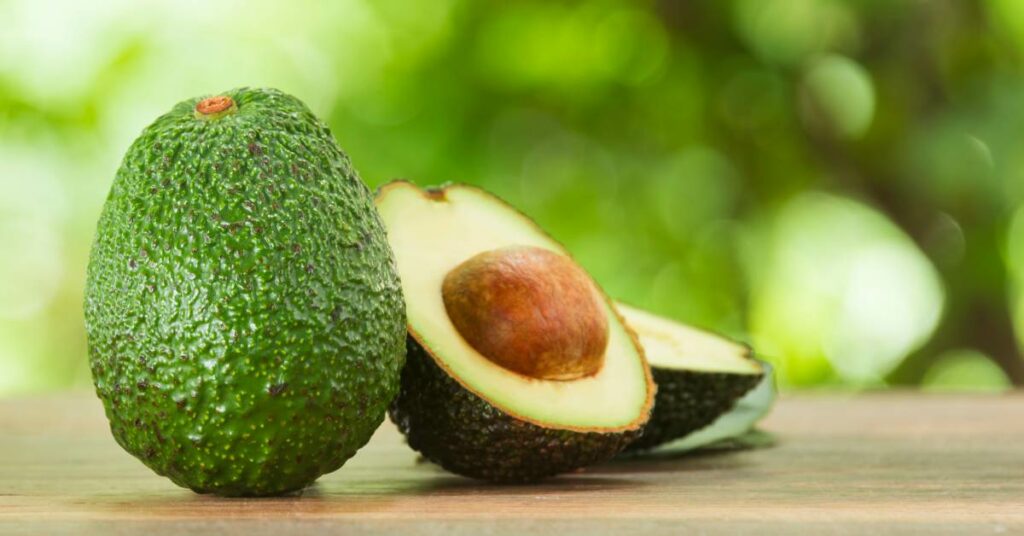The avocado, also known as the alligator pear, is a fruit that has been enjoyed for thousands of years. But have you ever wondered about the origin of the word “avocado”? In this article, we will explore the fascinating history of the word and its relation to the fruit.
Origins of the Avocado
The avocado is believed to have originated in the Tehuacán Valley of Mexico, where it was cultivated by the Aztecs. The fruit was considered a delicacy and was used in a variety of dishes, including guacamole and avocado toast.
Etymology of “Avocado”
The word “avocado” has its origins in the Nahuatl language, which was spoken by the Aztecs. The Nahuatl word for avocado is “ahuacatl,” which translates to “testicle.” This is thought to be because of the fruit’s shape and the way it grows in pairs on the tree.
Evolution of the Word
The word “avocado” first appeared in English in the mid-17th century, and it was originally spelled “avogato.” The word evolved over time, and by the 19th century, it had taken on its modern spelling and pronunciation.
Variations of the Word
In some parts of the world, the avocado is known by different names. In Spanish-speaking countries, it is often called “aguacate,” which is a derivative of the Nahuatl word “ahuacatl.” In some regions of India, it is known as “butter fruit,” while in some parts of South America, it is referred to as the “palta.”
Conclusion
The word “avocado” has its origins in the Nahuatl language, where it was known as “ahuacatl.” The word evolved over time and eventually became the modern term used to describe the fruit in English-speaking countries. Despite its unusual name, the avocado remains a popular and beloved fruit enjoyed by millions of people around the world.














